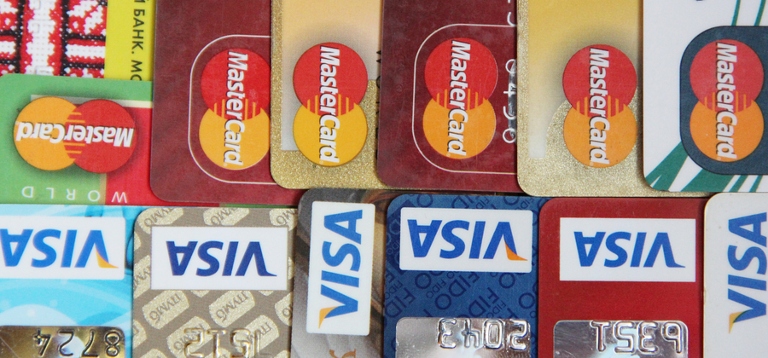How Frequently Can I Open New Credit Cards without Hurting my Credit Score?

Q: Is it wise to apply for a credit card within three months of applying for one even if I already have seven other open credit cards?
A: Dear reader, determining how wise it is to open a new credit card at this stage depends on your unique credit history and financial goals. It’s important to first understand how applying for new credit affects your score. That way you can make a more informed decision.
How New Credit Affects Your Score
When you apply for a new credit card, a credit inquiry is generated on your credit report. New inquiries account for 10% of your credit score and stay on your credit history for two years. Generally speaking, consumers with good credit can expect their scores to decrease by 5-10 points. Consumers who have lower credit scores can expect a more significant dip on their scores. Several inquiries in a short time, even if you have a good score, could raise a red flag for lenders. Lenders consider that getting too much credit in a short period may increase the likelihood you will default on your payments. To avoid this, Experian suggests waiting at least six months between credit card applications to reduce damage to your credit and increase approval rate.
Getting a new credit card also impacts the length of your credit history. Your “credit age” is the average length of time you’ve had all your accounts open on your credit report. So, opening a new credit card lowers your average credit age, potentially having a negative effect, negatively affecting you if your credit history is relatively recent.
On the other hand, applying for a new credit card at the right time can help you boost your score. For instance, if you open a credit card and keep your balances very low or don’t use it all, that can help reduce your utilization ratio. This would help to increase your score. Your utilization ratio accounts for 30% of your credit score, and it compares how much credit you use with how much credit you have available. So, a good rule of thumb is to use 30% or less of your overall available credit to maintain a good utilization ratio.
Determining What’s Right for You
Unless you need additional credit for an emergency, getting a new credit card may not be a good idea since you have already applied for one recently. It’s worth mentioning that there isn’t a set number of how many credit cards a consumer should have. But, if you are struggling to pay one of your credit cards, you should avoid getting new credit. Instead, it would be best to focus on getting out of debt. The key to managing your credit cards is to always pay on time, keep your balances low and apply to new credit only when the benefits outweigh the disadvantages.
So, before applying for any new credit card, ask yourself if you need it now, how it benefits you, what are your goals for the future, and, more importantly, if you can afford it at this time. Best of luck.




